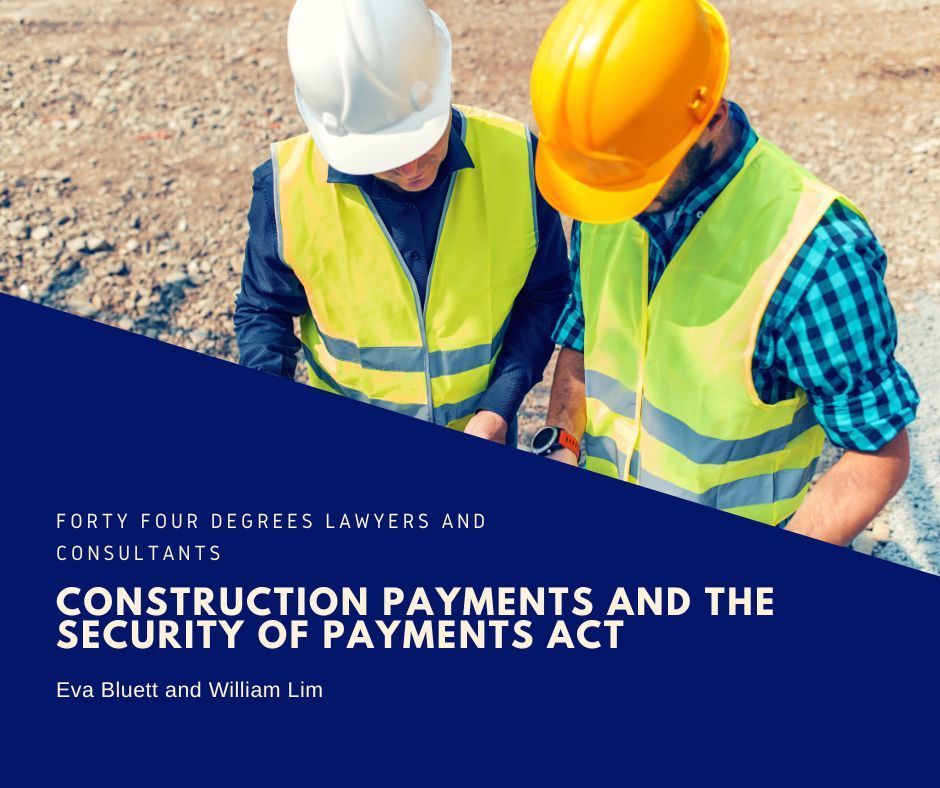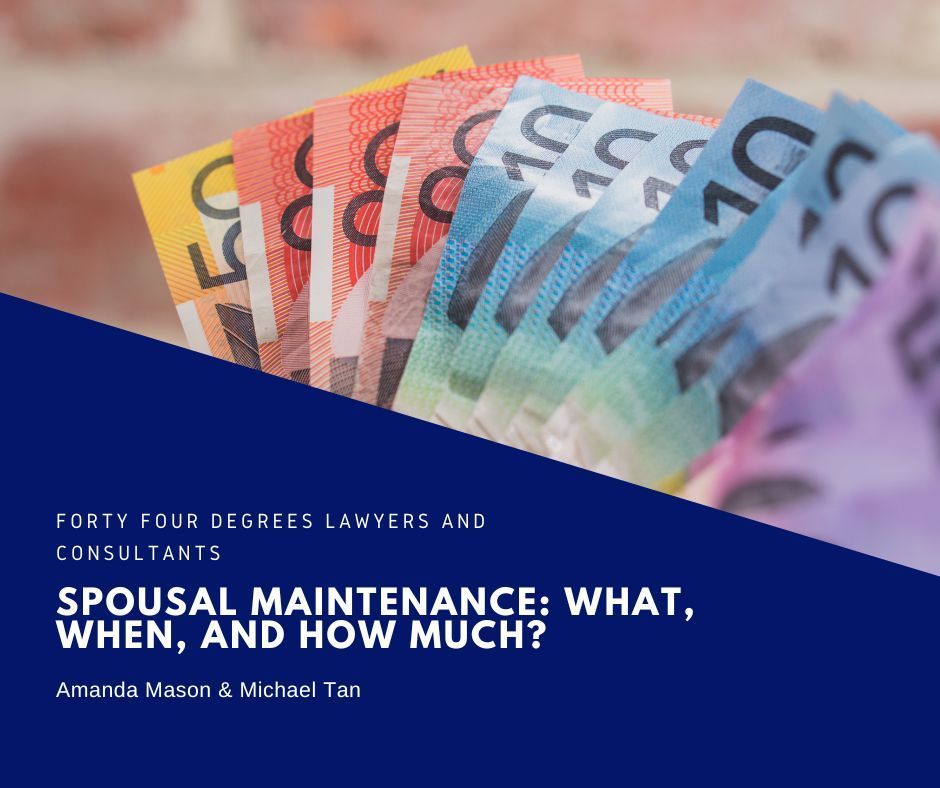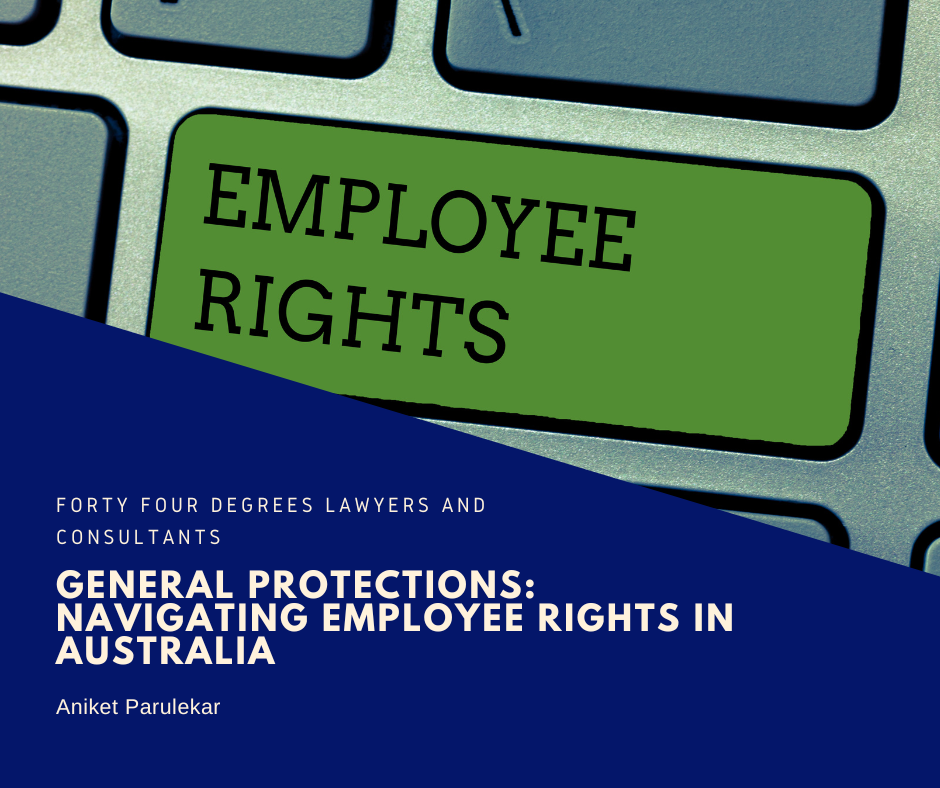Employee or Contractor? The importance of contracts in the Australian workforce
Whether you've hired - or you are - an employee or contractor significantly affects your obligations and rights

As the gig economy solidifies its role in Australia, it is becoming more vital for businesses and workers to understand the difference between an employee and a contractor.
Gig work often engages workers as independent contractors - but when the courts decide they are in fact employees, this can have significant impact on the workers and businesses alike.
Employees are afforded protection under the Fair Work Act 2009 (Cth) and industry entitlements such as Modern Awards or Enterprise Agreements. Independent contractors, in contrast, generally fall outside the scope of such regulations and are therefore not equally protected. Independent contractors are also responsible for their own tax.
Previously, the characterisation of workers was determined by reference to the reality of the relationship, and while the contracts were considered relevant, they were not determinative. Two judgments delivered by the High Court earlier this year emphasised the importance of the contract when deciding if a person is a worker or a contractor, highlighting the importance of ensuring the contract accurately reflects the reality of the relationship.
The multi-factor test
The multi-factor test forms part of the overall traditional approach to characterising workers, whereby certain factors are considered to assess the totality of the employment relationship (Workpac Pty Ltd v Rossato & Ors [2021] HCA 23). These factors, touched on in our previous blog ‘Myths and Misconceptions about Employment Law’, enable the court to consider the reality of the relationship. They include:
- The worker’s ability to subcontract work;
- The worker’s degree of control over the work undertaken;
- The party responsible for providing the necessary tools and equipment; and
- Whether tax deductions from pay are made.
Recent case law has seen the courts place a stronger emphasis on the terms of the contract. Where a valid and comprehensive written contract is present, covering all the essential terms of a relationship and thus establishing the parties’ rights and obligations, the totality of the relationship may only be assessed by reference to the contract. Consideration of factors beyond the scope of the contract will occur only where the contract is unclear, inaccurate, or invalid.
A contract focused approach – the case law
Construction, Forestry, Maritime, Mining and Energy Union & Anor v Personnel Contracting Pty Ltd [2022] HCA 1 (CFMMEU v PC)
The High Court considered whether a worker described within an Administrative Services Agreement as a “self-employed contractor” was in fact a contractor or employee of the labour-hire company. The company assigned the worker to perform work at two sites operated by their client, under the supervision on the client’s employees. The client and company held a Labour Hire Agreement however no agreement existed between the client and worker.
The Court stated that where there is an undisputed contract, the relationship is to be characterised “by reference to the rights and obligations of the parties under that contract” [59]. Despite the characterisation within the contract, the High Court held the worker was an employee of the company.
In making such finding it was noted that the contract authorised the company to:
- fix the worker’s reward for his work;
- act as the worker’s paymaster;
- to terminate the worker’s engagement should he fail to obey instructions from the company or client (as opposed to the client having any such right); and
- control who the worker performed work for.
ZG Operations & Anor v Jamsek & Ors [2022] HCA 2 (ZGO v J)
The High Court found that truck drivers engaged to deliver goods for a company were independent contractors, not employees.
While the finding contrasts to that in CFMMEU v PC, the Court took the same approach in reaching its verdict by relying on the rights and obligations of the parties created within the contract. It was held that the Full Court erred in giving “significant attention … to the manner in which the parties actually conducted themselves” [6]. Central to the decision was the history between the drivers and the company. The drivers had previously been employees, however, were told they could only continue as contractors. Thus, the drivers had entered into partnership agreements with their wives and subsequently contracted with company in 1986, 1998 and 2001.
Additionally, the Court noted that considerations under the multi-factor test did not provide a sufficient basis for disregarding the effect of the contractual agreement between the parties. Regarding the supply of uniforms and display of company branding, the Court held that the driver’s willingness to display company branding was a legitimate response by an independent contractor to commercial pressure. The Court also decided the drivers carryingout tasks for warehouse staff did not mean it was employment, as they were not directed by the warehouse staff to perform these tasks. While the contract provided that the partnerships were to “undertake carriage as reasonably directed”, the Court held that this did not provide the company with control over how the work was to be performed (which may indicate an employment relationship). Rather the clause was interpreted in context of the entire contract as describing “what carriage was to be undertaken rather than how it was to be carried out” [69].
Other key factors in the decision included that the partnerships:
- purchased trucks at their own discretion;
- bore significant expenses and risks; and
- were permitted to engage different drivers.
What does this mean?
For businesses, these decisions emphasis the need to draft, and the benefits of having, a comprehensive contract when your business engages a person as an independent contractor - whether in the gig economy, or otherwise.
Without a comprehensive contract, the risk that a court will decide your independent contractor is in fact an employee increases. In that case, the court may order employers to back-pay workers and pay pecuniary penalties. Your business may also incur a PAYG withholding penalty and super guarantee charges (comprising of super shortfall, interest and administration fees). Independent contractors found to be employees will also be entitled to protection for unfair dismissal, exposing employers to further liability.
While the multi-factor test remains relevant it is now to be considered in the context of the contract. This is likely to significantly impact gig economies and enable platforms to have greater certainty by developing comprehensive contracts with their workers.
If you are unsure how your working relationship is characterised or require any advice in relation to the above, please do not hesitate to contact Nicola Drakeford, Partner, or Peter Koh, Solicitor, on 1300 892 237.
Contact Us
We’re an Australian Law Firm promoting a nuanced, personal touch. We have the skills you need to resolve your case quickly and with a positive outcome. Our straight talking team stays close to simplify what is most often a complicated process. We help individuals and businesses with technology and startup law, property law including conveyancing and leasing, commercial law, civil litigation, wills, estates, bankruptcy, insolvency, criminal law, and professionals facing investigations and charges from their regulatory body.
We have a connected network of talented lawyers in Melbourne CBD, Dandenong, Ballarat, and Ivanhoe East.
Fill out the form or call us on 1300 892 237.
We will get back to you as soon as possible
Oops, there was an error sending your message.
Please try again later or call us on 1300 892 237.










